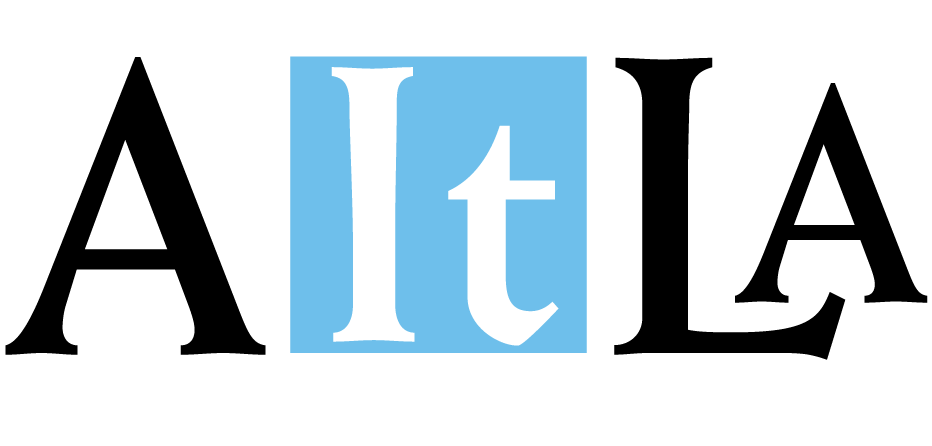Quadro comune europeo di riferimento per la conoscenza delle lingue
Trasmettiamo le seguenti informazioni in merito all'aggiornamento del QCER, trasmesseci da Villano Qiriazi (Education Department, Council of Europe) e Brian North (Eurocentres Foundation, Project Coordinator):
Formal consultation (until 15th February) on a new extended version of the CEFR illustrative descriptors
Fifteen years after its publication, the Common European Framework of Reference for Languages: learning, teaching, assessment (CEFR) remains one of the best known and most used Council of Europe policy tools. Since its official publication in 2001, an impressive 'toolkit' has been built around the CEFR: samples illustrating the reference levels in a number of languages, a databank of descriptors, manuals for examination bodies, guides for different categories of users... A number of policy documents also further develop the underlying principles and education objectives of the CEFR. And, of course, the European Language Portfolio has largely contributed to the implementation of these principles, strongly promoting objectives such as reflective learning and learner autonomy.
Regardless of all the support material provided, the Council of Europe frequently receives requests to continue to develop various aspects of the CEFR, among other things by complementing the existing illustrative scales of language proficiency, such as, for example, descriptors for mediation, online interaction and literature. Much work has been done by other institutions and professional bodies since the publication of the CEFR, and work on the illustrative descriptor scales has confirmed the validity of the initial research conducted by Dr Brian North and Prof. Günther Schneider. While the status of the CEFR will remain unchanged, the Language Policy Unit intends to build on the dynamic created by its widespread use by incorporating specific relevant work on descriptors developed since its 2001 publication into an extended version of the illustrative descriptors that would complement the original set contained in the body of the CEFR text.
We are therefore writing to you to invite you to take part in a formal consultation process concerning the proposed new version, which has been extended in two ways:
1. updating and filling gaps in the 2001 scales
2. creating new scales for mediation (plus online interaction, reactions to literature, and exploitation of plurilingual and pluricultural repertoires).
Please note that there is an invitation at the end of the survey to become involved in piloting the descriptors in the academic year 2017-18. If you would be able to organise piloting in the second half of the academic year 2016-17, please respond to that invitation, but also now send an email to Questo indirizzo email è protetto dagli spambots. È necessario abilitare JavaScript per vederlo..
The update exploited CEFR-based descriptors that had been developed, validated, and calibrated since 2001 and kindly made available by the institutions concerned. The new scales were created following the methodology used successfully to develop the original illustrative descriptors. Validation took place in three different phases, in which 140–190 institutions and some 1300 individual took part between February 2015 and February 2016.
The link to the English version of the survey is https://www.surveymonkey.co.uk/r/CEFR_Illustrative_Descriptors_Proposed_extended_version
The link to the French version of the survey is https://www.surveymonkey.co.uk/r/Descriptors_illustrant_les_niveaux_du_CECR_version_amplifiee
You will be able to stop in the middle of completing the questionnaire; your data will be saved at the end of each page when you click on the button for the next page. However, since you may need about 3 hours to complete the questionnaire, it would be a good idea to first print and read carefully the documents you need in order to undertake this consultation. These are available in English and French.
The deadline is 15th February 2017
© 2025 AItLA, C.F. 91188310378
